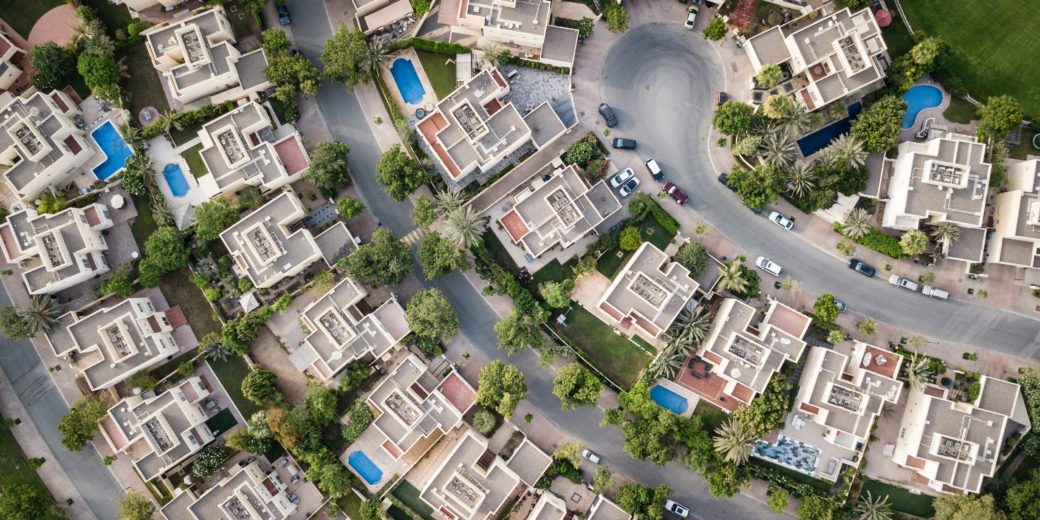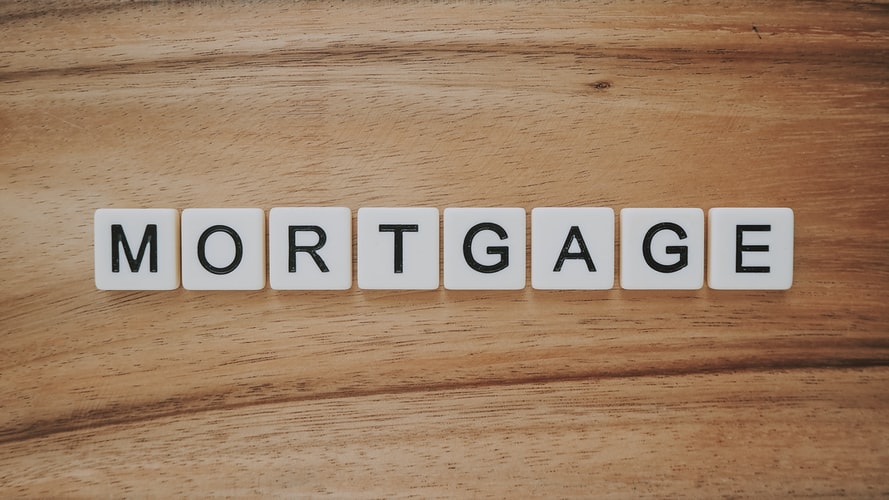How Real Estate Investors Are Explaining Away Housing Bubble

When people think about a housing bubble, they think of the subprime collapse of 2008, leading to fear and panic. Most real estate investors will tell you that the ballooning or increase in the housing market currently is nothing like the subprime crisis. In fact, most investors will tell you the current housing market is not a bubble at all; it is a normal progression of healthy and sustainable financial causes and effects.
The Current Market Versus the Subprime Market

Subprime mortgages, or mortgages allotted to people with poor credit and inadequate finances, resulting in the housing bubble and bust in the early 2000s. Mortgage lenders and government programs allowed people to buy homes they could not realistically afford, resulting in a record number of foreclosures.
The current real estate situation is not the same as the subprime era. While housing prices are rising quickly and steadily, those who are receiving loans are qualified buyers. The majority of mortgages are being made to people with high credit scores and substantial down payments. In other words, the loans are more secure than those of the past, allowing for a more stable and profitable market.
The Principles of Supply and Demand
The current market is following the principles of supply and demand. Yes, people are buying houses at higher market values than years previous, but that is due to a limited supply.
When supply is down and demand is up, the price of the existing supply increases. Right now, there are not enough houses on the market to satisfy the current demand. The pandemic played a prominent role in this transition because sellers are more reluctant to have strangers walking through their homes, meaning they hold off putting their houses up for sale. Additionally, builders cut back on the speed of construction after the last housing crisis, meaning there are fewer new houses on the market.
[insert page='Offer' display='content']
Consumer Financial Health and Stability

A look at the average American will see a stark contrast between them and the average person 13 years ago. Most people changed their financial behaviors, and with a healthy boost of stimulus payments, many are better off today than before.
The real estate market is not improving or skyrocketing because of an influx of unqualified buyers backed by subprime mortgages; it is excelling for the right economic reasons: qualified individuals investing in a limited and reasonably priced supply. True, there is no guarantee the market will continue its current pace, currently 11% year-over-year, but there is no fear of a sudden and unpredictable collapse.
A stable economy relies on stable and qualified investors, and it appears banks, the government, and the people learned the lessons from the last housing crisis. The current housing market is excelling for right and predictable reasons, and it is not a bubble, according to those with the most expertise.
While it is understandable some investors would share a bit of trepidation with the apparent astronomical rise in the housing market, it is no mystery why the market is experiencing its current success. All one needs to do is review the fundamental principles of supply and demand to know what is happening. You only need to look at an average buyer's finances to know this is not the beginning of another housing bubble.
However, while a bubble might not be imminent, it is safe to assume the market will experience a downturn. Supply will eventually meet or exceed demand, leading to a shift in profitability. Only time will tell when the current ebb and flow dynamic will begin to recede.
What are your thoughts on the current housing market? Are you worried, or do you agree with the author's assessments? Leave a comment below.
